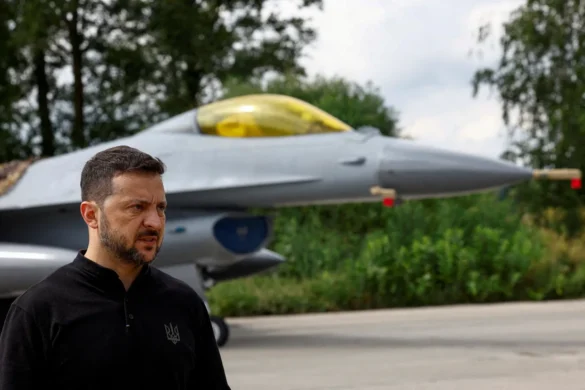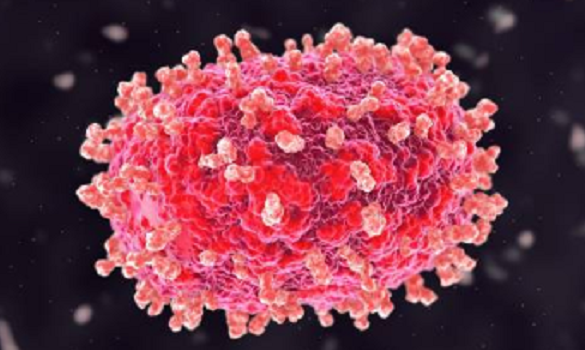European Health Commissioner Stella Kyriakides said on Monday that stopping flights to the EU from countries in the southern part of Africa was a necessary step in trying to deal with the new variant of the virus.
“The European Commission told us from Friday to activate the special emergency plan, created last year with regard to travel from the southern part of Africa and this was done simultaneously by all 27 member-states,” said the Kyriakides.
She said things had changed significantly in the last few days in relation to the handling of the campaign.
“The mutations can lead to the development and spread of more worrying variants of the virus so the consensus in Europe and among the G7 was that we must act very fast and decisively.”
Britain’s Prime Minister Boris Johnson had called an emergency meeting of the G7, as Britain is currently the chair, which was held on Monday. Kyriakides, who attended the meeting, said cases of the Omicron variant were expected all over the world. It had appeared in a number of EU states as well as in the UK, Israel and Canada.
Through the tough measures the EU and other countries were trying to buy time for scientists. It was key to try and control as much as possible the spread of the new variant, said the commissioner.
“Measures will contribute to slowing down the spread and this is very important as it would allow the scientists to carefully study and analyse the mutations. This would allow them to evaluate how contagious it is and the efficacy of vaccinations, enabling us to plan our strategy.”
As part of the effort to control the spread, Kyriakides had written to the health ministers of all 27 member states urging them to do four things.
First, to step up their vaccination campaigns, so that the number of vaccinated would increase as much as possible; there were EU member-states with very low vaccination rates. Second, encourage as many people as possible to have the booster shot; third, promote the safety measures such as mask-wearing, washing hand and social distancing and finally, strengthen their track and tracing schemes.
As regards the travel ban from several African countries the commissioner insisted, “we are not punishing southern Africa, but the ban was necessary to help us control the spread for a couple of weeks.”
Kyriakides admitted there was a possibility that the travel ban and the measures were an over-reaction.
“I have said from the start that I would prefer that in two or three weeks our reaction would be considered excessive rather than not having taken into account the possible dangers from this mutation and leaving action too late.”
REUTERS




